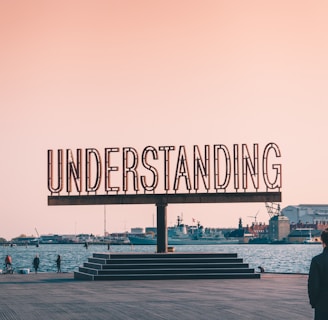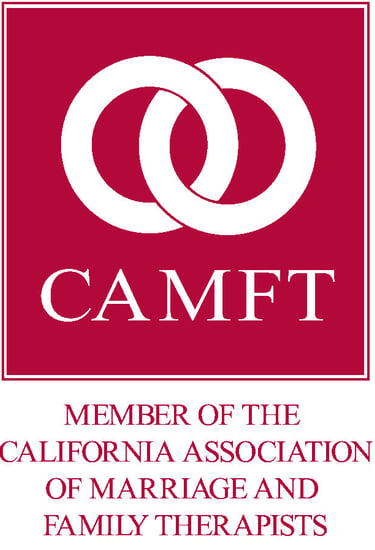The Role of Attachment Theory in Individual Therapy
By delving into and understanding attachment styles, individuals can gain a deeper understanding of themselves, paving the way for more meaningful and secure connections with others.
ATTACHMENT THEORYRELATIONAL THERAPY


Attachment theory not only illuminates dynamics in romantic relationships but also provides profound insights into individual behaviors, emotional patterns, and one’s sense of self. In individual therapy, exploring one's attachment style can be a pivotal step toward personal growth and healthier relationships with self and others.
Understanding Your Attachment Style:
Recognizing whether you have a secure, avoidant, disorganized, or anxious attachment style can shed light on:
Self-Perception: How you view yourself in relation to others.
Relationship Patterns: Recurring themes in your interactions and relationships.
Emotional Regulation: Your responses to stress, intimacy, and separation.
Resources to Learn About Your Attachment Style:
Attachment Style & Close Relationships Self-Scoring Surveys: Click here to find research-based attachment assessments.
The 1st option provides you with in-depth information about your attachment style and personality across several significant relationships over time. For the best results, and to understand trends, one should take the survey several times over the course of a few months. The survey takes about 10 minutes and requires a no-spam email registration.
The 2nd option is a quick self-scoring attachment assessment that takes about 4 minutes. You do not need to register. This survey should give you a solid idea of your attachment style.
Insecure in Love by Dr. Leslie Becker: This book focuses on what to do if one is often jealous, needy, and worried when in relationships. The reading and her new workbook can support folks in identifying and quelling anxiety-perpetuating perceptions and habits so there is more space to enjoy and fully engage with relationships. Dr. Becker also has a great blog accessible on her website.
Attachment Theory in Therapy:
Therapists utilize attachment theory to:
Identify Core Challenges: Uncovering the root of emotional struggles linked to attachment history.
Track and Understand: Identifying these challenges, often stemming from childhood, help one to understand and illuminate relational patterns in significant relationships - including the therapeutic dyad. Knowledge of these oftentimes unconscious patterns, in my experience, is empowering to clients and allows people increased agency and choice.
Develop Coping Strategies: Creating personalized approaches to manage attachment-related challenges.
Foster Secure Attachments: Working toward building healthier, more secure relationships.
Therapy in San Francisco:
Treatment with me employs attachment-based approaches while focusing on, and being tailored to, the evolving needs of the individual. Whether you're seeking individual therapy or couples therapy, understanding attachment theory can be a transformative component of your therapeutic journey.
By delving into attachment styles, individuals can gain a deeper understanding of themselves, paving the way for more meaningful and secure connections with others.





